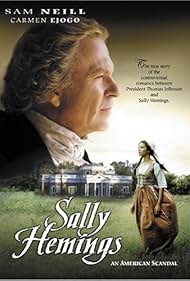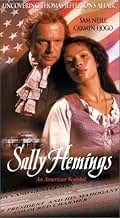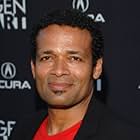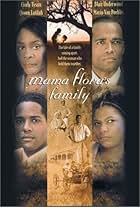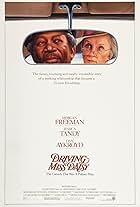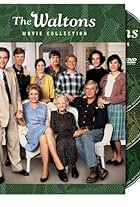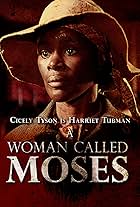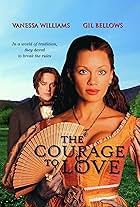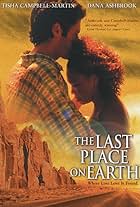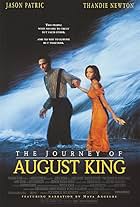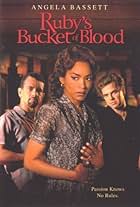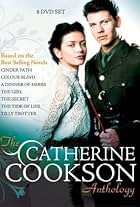It's a TV movie, a chick flick, and blatant historical revisionism--I thought I'd hate it, but for some reason I didn't. An African-American woman wrote the screenplay, which is a good thing, given the racial and political ramifications of this fictionalized account of the relationship between America's third president, Thomas Jefferson, and the slave woman, Sally Hemings, who almost certainly bore him one, and probably several, children. The screenwriter was candid enough to admit that the relationship was most likely not as romantic as she portrayed, but that otherwise she tried to stick to known historical facts. Of course, the fact is that we know very little about the real Sally Hemings, and the film's creators have taken this as license to portray a very modern, strong-willed and beautiful heroine (beauty, for better or worse, is important for the star of a historical romance--and I must admit Carmen Ejogo succeeded in capturing my attention) who hardly seems to be a slave at all. She is recast as a latter-day Esther, the Biblical slave woman who became queen of Persia and used her position to save her people. But even the fictional Hemings cannot save her people--although she does help many escape to freedom. And both the fictional and real Thomas Jeffersons, despite having penned the words "all men are created equal" and claiming that slavery was an abomination before God, never took action to bring about the end of the institution of slavery. Indeed, Jefferson was a complicated and puzzling figure. A virtual Renaissance man with big, beautiful dreams for the future of humankind, he was also a hypocrite and a racist, and was frequently ineffectual in both his politics as well as his own personal finances. The last third of the movie chronicles his decline into bankruptcy, and it becomes a gothic tale of decadence, with poor Sally doing all she can to fend for herself and her children while staying loyal to the master of the house. The decline and fall of Jefferson's dream world is the final test of Sally's womanly strength, and it is also a bittersweet presaging of the fall of the Old South. Of what little we do know of the real Hemings, it seems highly probable that she was three-quarters white, and that she was in fact the half-sister of Jefferson's late beloved wife. The lasting and profound image of this modest movie is of the "white slaves," people who we know for a fact did "pass" for whites once they gained their freedom. We condemn slavery because "all men are brothers"; how astounding it is to see that on the old plantations this was literally and blatantly true, with men like Jefferson holding their sons, daughters, brothers, sisters, aunts and uncles as "property'! I liked this movie better than the fancy Merchant-Ivory production, Jefferson in Paris. Sam Neill's waffling, self-contradicted, flakey Jefferson seems more historically accurate than Nick Nolte's mountainman, and even though much of the rest is pure fantasy, it is a fairly well-crafted, entertaining and positive rendering of disturbing and potentially controversial material.

